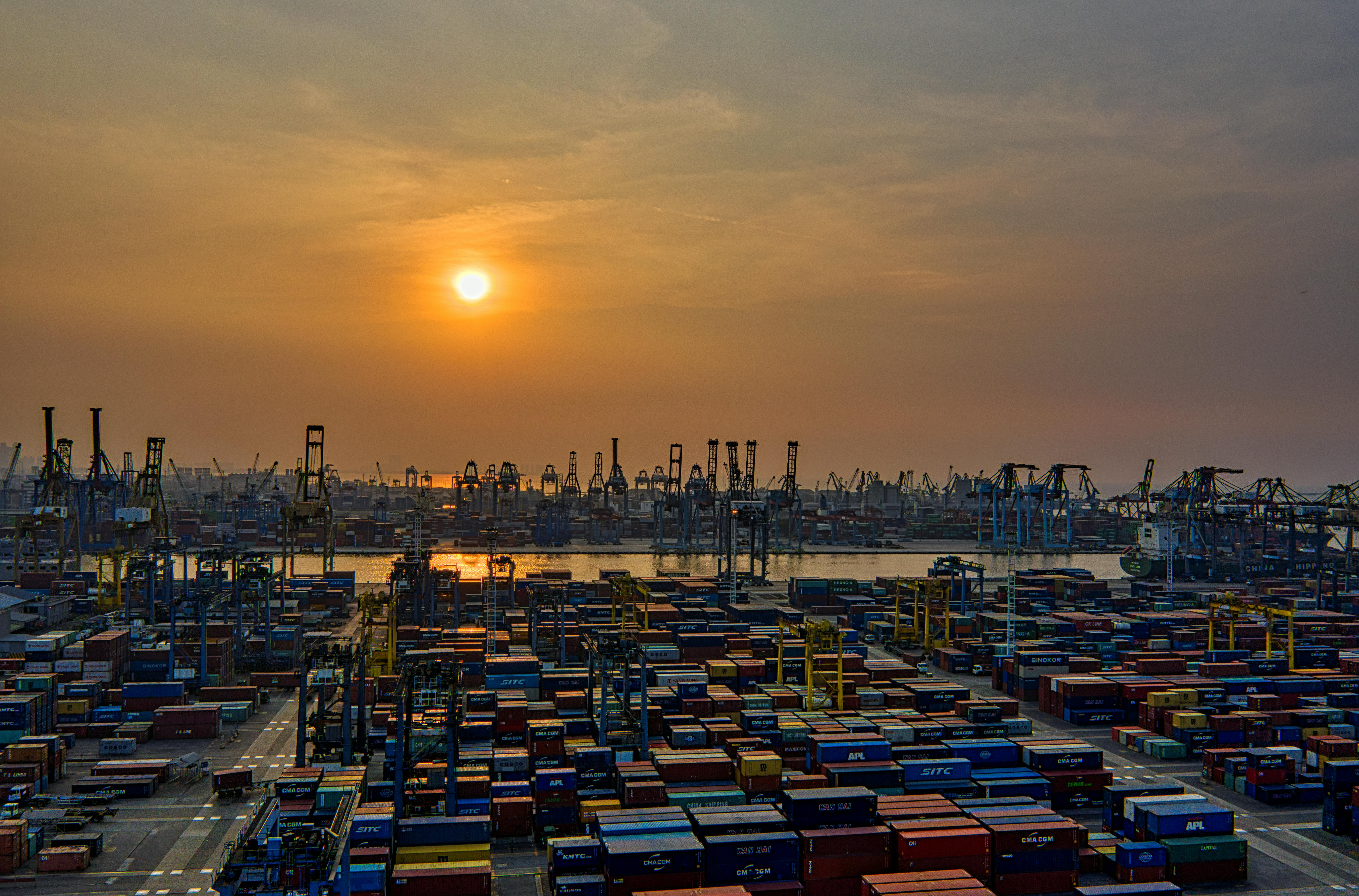Rising Costs and Shifting Demands
As the industry becomes more decarbonised, fuel costs and prices for new, more environmentally friendly ships are rising. This shift may be accompanied by a decline in demand for transporting certain goods, especially fossil fuels and chemicals. This could lead to more dynamic cargo rates, making it harder for ship owners to invest in new fleets in times of low earnings. Long-term cargo contracts could provide some financial stability and attract investors making long-term plans.
But to truly achieve zero emissions by 2050, the industry needs new ships powered by renewable fuels. This shift is likely to change the landscape of ship ownership, with a shift towards entities that can offer both ships and renewable fuel options, leading to possible consolidation in the industry by 2030.
Enhancing Transparency for Environmental Performance
Few cargo clients choose shipping carriers based on environmental performance because there is little transparency. To change this, the shipping industry needs measures that reward energy-efficient operations. This means shifting income models to focus on customer service and environmental performance. New IMO and EU rules will increase demand for energy-efficient ships and encourage this shift.
Four Levers to kick-start Decarbonisation

To improve energy efficiency, the industry needs clear benchmarks:
How can BDO help?
Our BDO experts can help companies in the Transport & Logistics industry with all kinds of advice and solutions such as ESG support, digital transformations, customs expertise, financial risk management…
By helping you comply with the massive wave of environmental regulations, giving insights and analyses into your data and supporting you in your energy transition, your operational efficiency will improve and your company will become future-proof.
In addition, our audit and assurance services help you monitor compliance and sustainability reporting, while innovative revenue models, such as integrating fuel budgets into commercial contracts, align your financial incentives with environmental objectives.
Curious to learn more about our services tailored to the Transport & Logistics industry? Have a look at our service page.